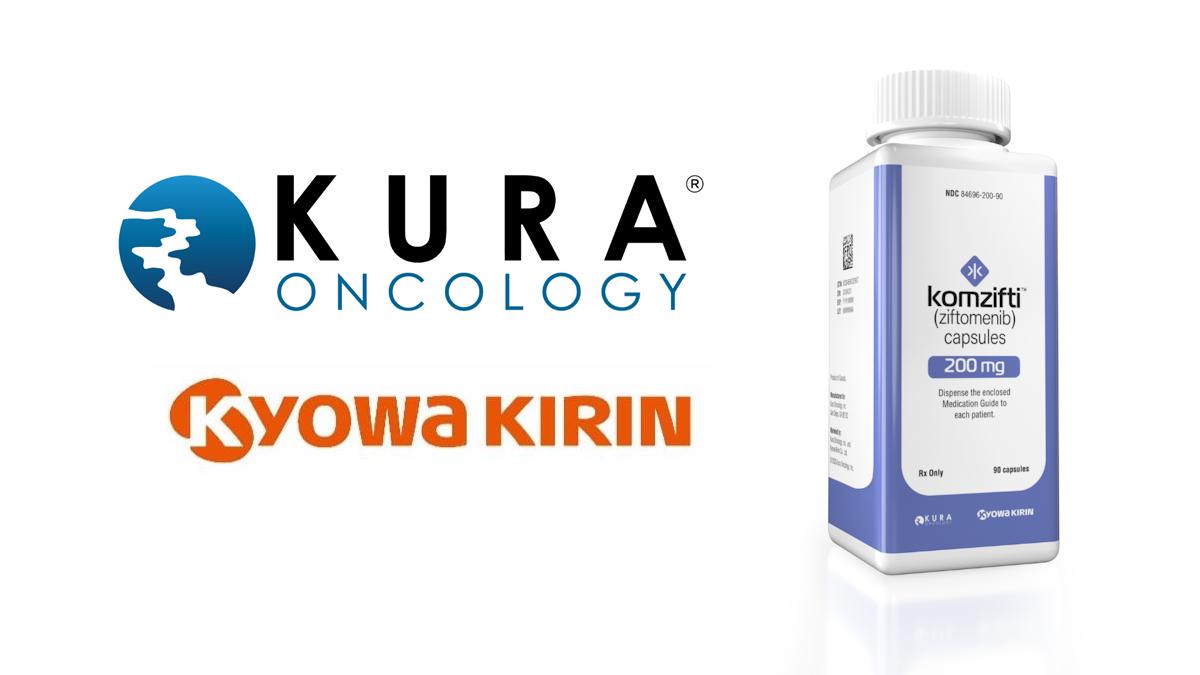The curious case of Mylotarg: Pfizer's leukaemia drug set to return

Pfizer’s Mylotarg looks set for a return to the US market after FDA advisers recommended its use in acute myeloid leukaemia.
The drug comes with a fascinating history, and in many ways was a precursor to today's legions of targeted cancer drugs approved with only early-stage data.
First approved in 2000, Mylotarg was the world's first antibody-drug conjugate, and the first treatment in 15 years for AML.
It was also the first drug cleared under the FDA's accelerated approvals process to be withdrawn: in 2010 Pfizer voluntarily removed Mylotarg from the market after the FDA belatedly followed up on the company's post-marketing commitment to provide efficacy data.
The drug failed to confirm its benefits and found a higher death rate among patients.
Now Pfizer looks set to reintroduce the drug in the US and Europe, driven on to do so by demand from oncologists, and some solid data from investigator-led trials about its efficacy in combination with other treatments.
Mylotarg was never a huge commercial success, generating just $20million in annual sales when it was withdrawn. But now Pfizer hope the drug can return in a new formulation, helping patients in a much expanded, more mature oncology market, and earn some respectable revenues.
The new formulation has now easily cleared the hurdle of the Oncologic Drug Advisory Committee (ODAC).
The committee voted 6-1 that Mylotarg in combination with chemotherapy has a favourable risk-benefit profile for patients with newly-diagnosed CD33-positive AML.
The FDA is not bound to follow its advisers’ recommendations, but it usually does, and the regulator is due to make a decision on Mylotarg in September.
The ODAC considered whether the new low dose in combination with daunorubicin and cytarabine had an acceptable safety profile, and to discuss whether event-free survival is an acceptable endpoint for determining efficacy.
Committee members discussed a filing that included new data from the phase 3 open-label study ALFA-0701 and an individual patient data meta-analysis from more than 3,000 patients in five randomised phase 3 studies including ALFA-0701.
In a statement from Pfizer, Jorge Cortes, of the University of Texas, MD Anderson Cancer Center, said: “Clinical studies investigating Mylotarg have provided a significant body of evidence supporting the risk:benefit profile of Mylotarg in AML.”

Mace Rothenburg
Mace Rothenberg, chief development officer, Oncology, Pfizer Global Product Development, added: “We look forward to working closely with the FDA as we continue the regulatory process."
Despite recent developments in understanding the condition, there has been little progress in improving long-term survival in AML patients. Only one in four patients with AML survive longer than five years.
However the first generation of CAR-T drugs are being investigated in a range of haematological cancers, and could gain approval in these patients within the next few years.













